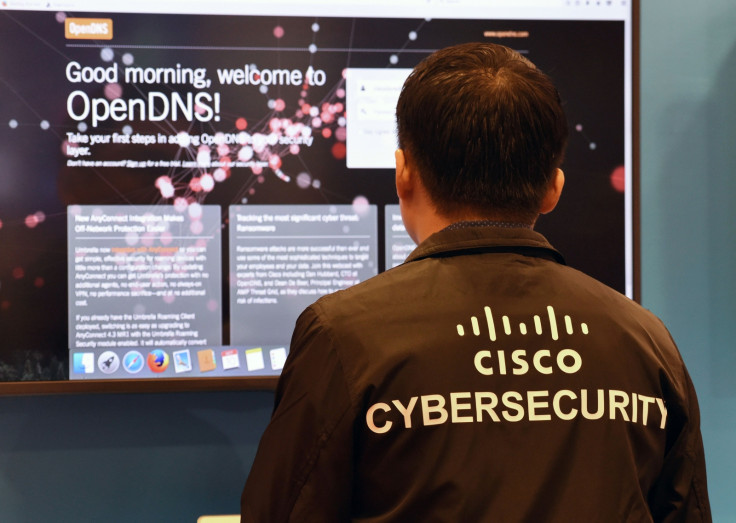Cisco develops new technology to tackle pirate video streams
The networking giant has partnered with Friend MTS to prevent online video piracy.

Networking giant Cisco has developed a new system – Streaming Piracy Prevention (SPP) – to prevent live video pirate streams. The new service uses technology to locate content that is redistributed illegally on open internet as well as through pirate networks. This assumes significance as online video piracy is becoming one of the most significant threats for Pay TV service providers.
The technology uses forensic watermark to identify the subscriptions or sessions that are being used to source the content and shuts down those source through video security system in real time. The process is completely automated and designed to provide timely response to piracy. The SPP operates without any cooperation from any third parties and allows service providers to gain control of their channels.
For the project, Cisco has teamed up with Friend MTS (FMTS), a UK-based company that provides content protection services.
FMTS's piracy monitoring features feed Cisco SPP with the real-time pirated videos floating around the web. SPP locates source of the leak by using these video feeds and then shuts them down.
The online threat analysis of FMTS recently uncovered more than 12,000 unique instances of HD channels on pirate services that are being sourced from Pay TV service providers. The demand of premium content has led to a surge in supply of pirate services, Cisco says. With the growing number of pirate services, the traditional takedown mechanism such as sending legal notices to the pirates, are quite ineffective.
The company explains, "Traditional takedown mechanisms such as sending legal notices (commonly referred to as 'DMCA notices') are ineffective where pirate services have put in place infrastructure capable of delivering video at tens and even hundreds of gigabits per second, as in essence there is nobody to send a notice to."
"Escalation to infrastructure providers works to an extent, but the process is often slow as the pirate services will likely provide the largest revenue source for many of the platform providers in question," it noted.
© Copyright IBTimes 2025. All rights reserved.





















